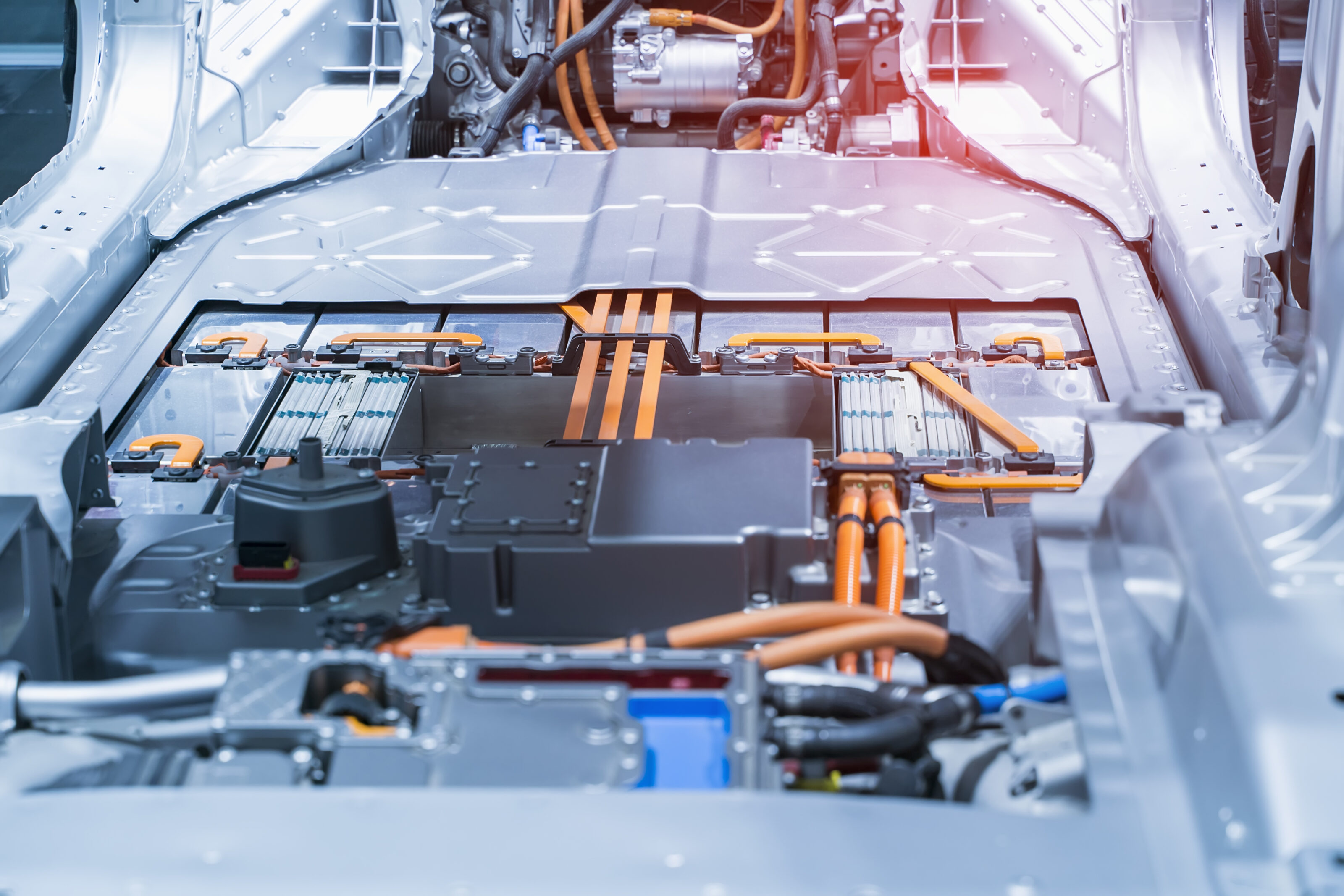
Snapshot
- Expected shortage could hit as early as 2026
- Global demand projected to reach 3.4 million tonnes a year by 2024
- Majority of governments overseas are targeting a move away from ICEs
Supplies of nickel are expected to dwindle in the coming years – giving rise to potential problems in manufacturing increasing numbers of electric vehicles.
Rystad Energy has said high demand for the material, thanks to the production of EV battery cells, could result in a shortage of nickel by 2026, reports E&E News.
The firm also projected annual nickel demand could rise from its current level of 2.5 million tonnes per year to 3.4 million tonnes by 2024, a 136 per cent increase over a three-year period.
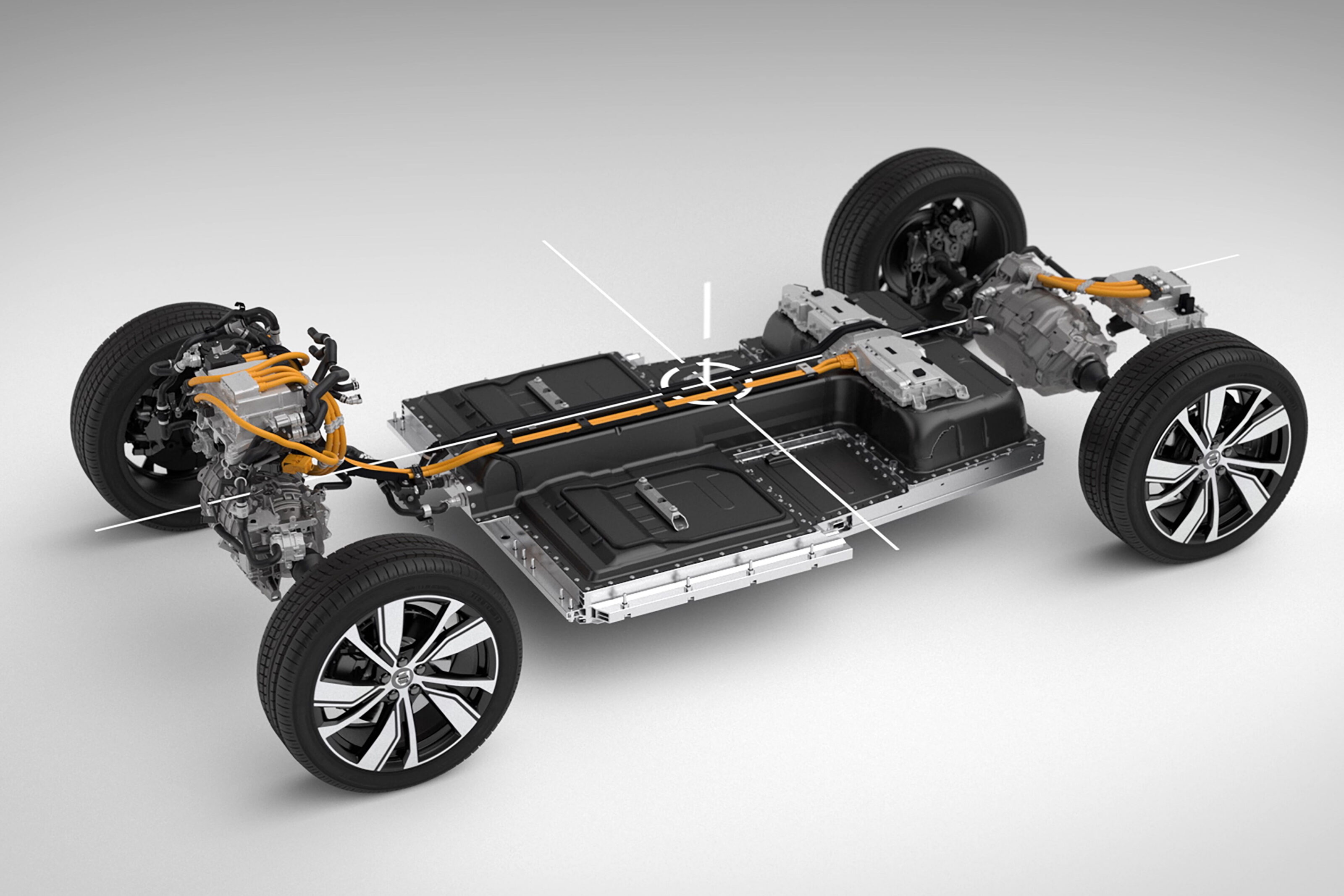
While nearly all current EVs in production are powered by lithium-ion battery packs, nickel is actually the more predominant element used in the cells – helping to deliver higher energy density and storage capacity at a lower cost.
The potential shortage of materials has seen automotive manufacturers such as Volkswagen Group, Daimler and Stellantis searching for adequate supplies of lithium, nickel, manganese and cobalt, according to Automotive News.
All three companies have recently invested heavily in battery production facilities, popping up all over Europe in addition to similar efforts from Ford and Chevrolet in the United States. However, a lack of raw material supply could seriously disrupt the automotive industry in a similar way to the current semiconductor shortage.
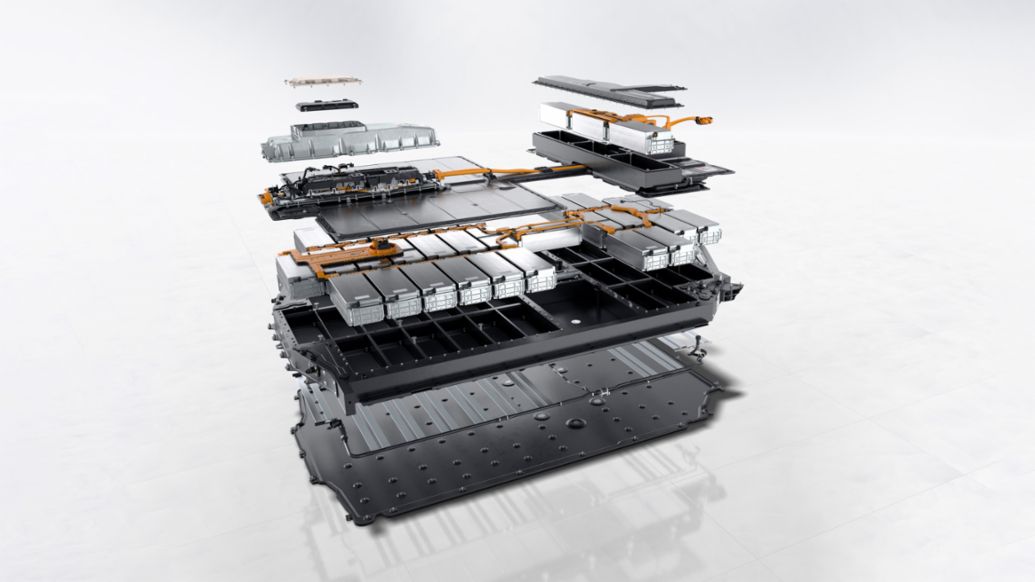
Increasing demand for EVs can be attributed, in part, towards legislation being introduced overseas to ban the production of internal combustion engine-powered vehicles – with the UK targeting an outlaw date of 2030 while the European Union has set its sights on 2035.
In the United States, home to EV giant Tesla, the recently-appointed Biden Administration is pushing for fully-electric vehicles to make up at least 40 per cent of production volume by 2030 – triggering the country’s ‘Big Three’ manufacturers to rethink their line-ups.
A lack of unified policy in Australia has seen multiple manufacturers call out the Federal Government’s position on EVs and hesitate to bring their respective full ranges of products to the local market, with no date yet set on a move away from fossil-fuel powered vehicles.
We recommend
-
 News
NewsJoe Biden wants carmakers to produce 40 per cent EVs by 2030
Voluntary pledge to be introduced as Biden administration aims to reduce carbon emissions
-
 News
NewsThe UK will bring forward its ban on petrol and diesel cars
Historic decision to outlaw fuel-powered vehicles for EVs could change the world
-
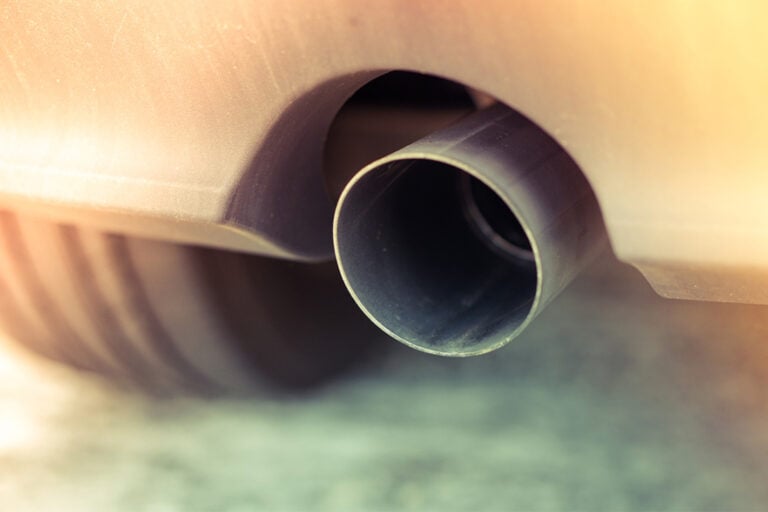 News
NewsEU officially proposes ban of ICE vehicles from 2035
ICEs on notice ahead of proposed ban in 14 years
-
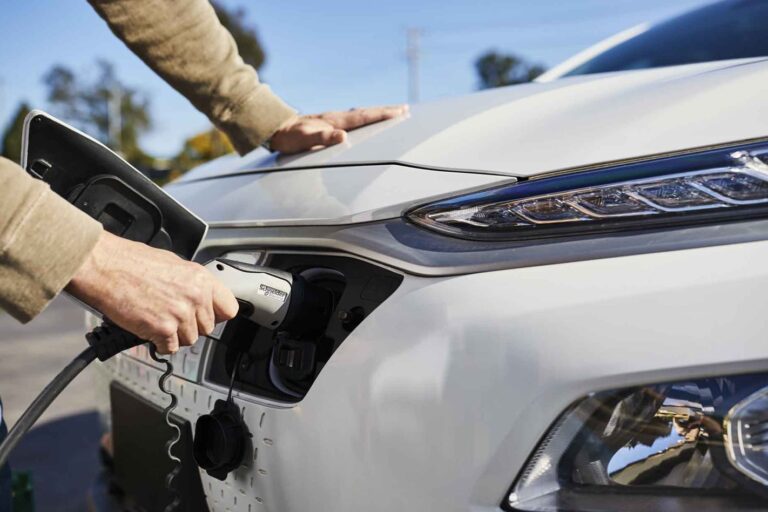 News
NewsAustralia's EV policies: What's happening in each state and territory in 2021 – UPDATED
It's every state and territory for itself as the Federal Government declines to take the lead on EV policy. Here's the current state of play




